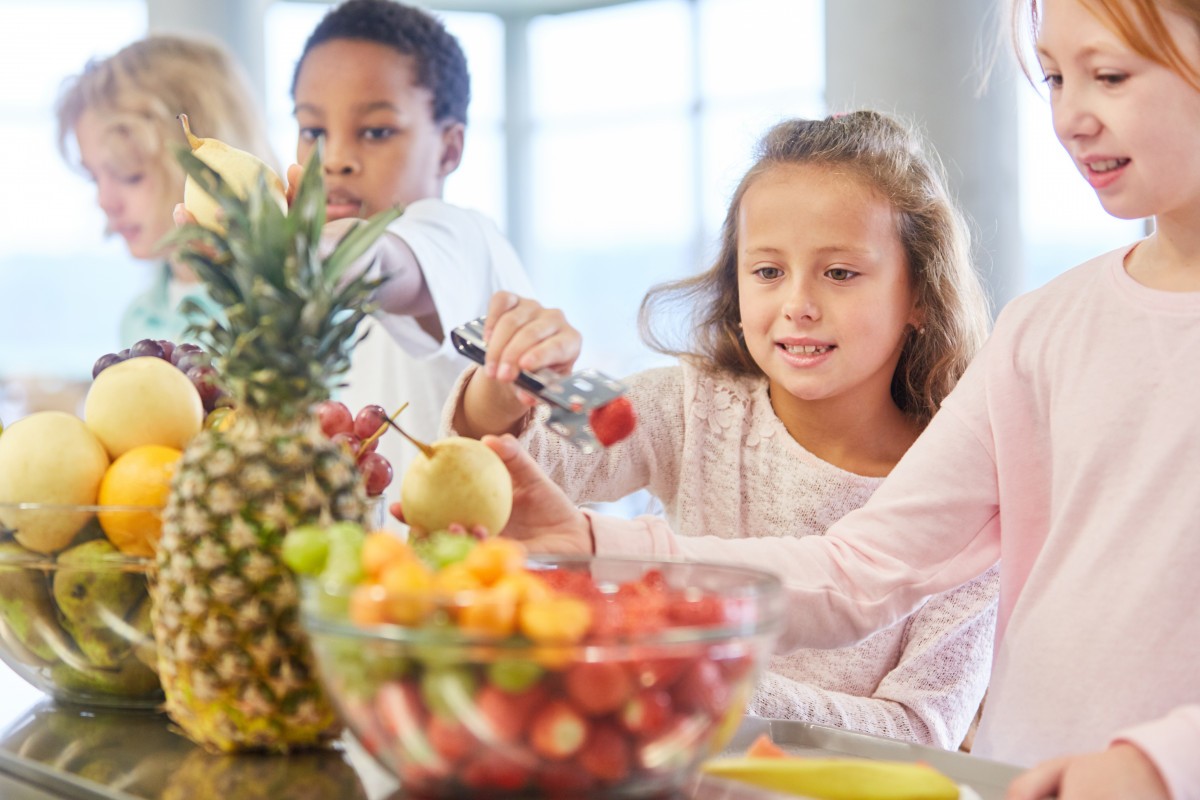Stutter – how can parents help their children?
Your child stutters? Don’t worry, it’s not that rare for children. We give tips on what you should pay attention to and where you can promote and support your child.

| © Pixabay
Is your child suddenly having trouble speaking fluently or having trouble pronouncing sounds and syllables? This can be unsettling at first, but is not serious at first.
Stuttering in children
Stuttering is manifested by interruptions in speaking through repetitions of sounds or words and occurs in many children at a young age. There are two different types of stuttering: developmental stuttering (or developmental speech deficiency) and “real” stuttering.





